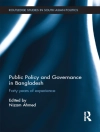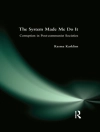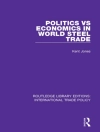Within the realist school of international relations, a prevailing view holds that the anarchic structure of the international system invariably forces the great powers to seek security at one another’s expense, dooming even peaceful nations to an unrelenting struggle for power and dominance. Rational Theory of International Politics offers a more nuanced alternative to this view, one that provides answers to the most fundamental and pressing questions of international relations.
Why do states sometimes compete and wage war while at other times they cooperate and pursue peace? Does competition reflect pressures generated by the anarchic international system or rather states’ own expansionist goals? Are the United States and China on a collision course to war, or is continued coexistence possible? Is peace in the Middle East even feasible? Charles Glaser puts forward a major new theory of international politics that identifies three kinds of variables that influence a state’s strategy: the state’s motives, specifically whether it is motivated by security concerns or ‘greed’; material variables, which determine its military capabilities; and information variables, most importantly what the state knows about its adversary’s motives.
Rational Theory of International Politics demonstrates that variation in motives can be key to the choice of strategy; that the international environment sometimes favors cooperation over competition; and that information variables can be as important as material variables in determining the strategy a state should choose.
Over de auteur
Charles L. Glaser is professor of political science and international affairs at George Washington University. He is the author of
Analyzing Strategic Nuclear Policy (Princeton).












